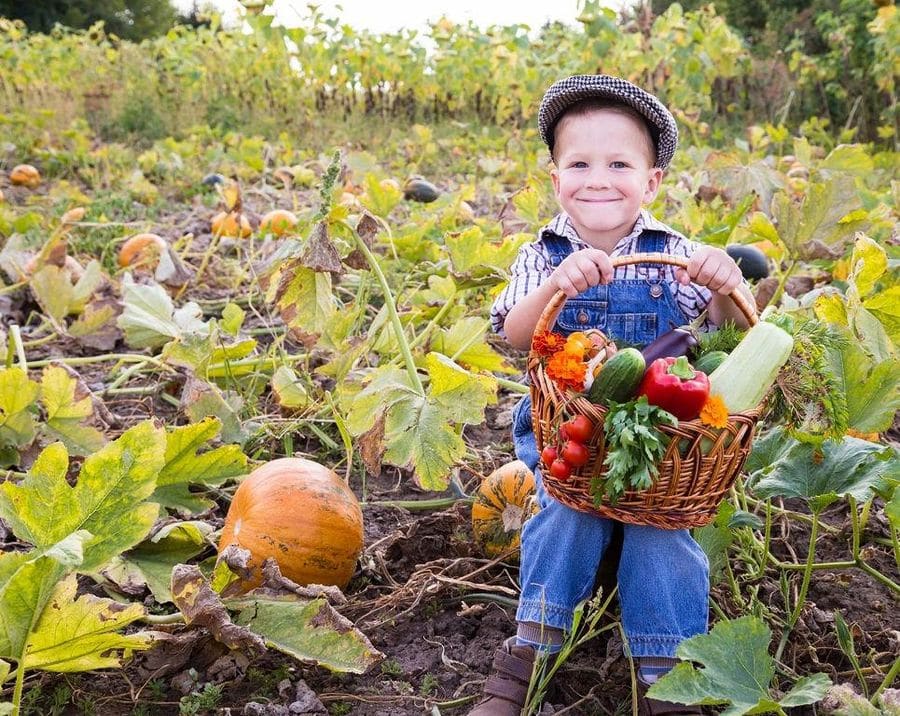Honey is one of the most precious and nutritious products nature has provided for thousands of years. Its production is a remarkable natural phenomenon, carried out solely by bees, who perform the process with great precision and care. Despite technological advancements, humans have not been able to replicate honey artificially, leaving it as pure and unaltered as it was in ancient times.
Since antiquity, notable figures such as Hippocrates and Aristotle have recognised honey’s medicinal properties, using it to treat various ailments. In Egypt and India, honey was regarded as a key therapeutic resource. What sets honey apart is its natural sugars—fructose and glucose—derived from the flowers and plants that bees visit daily.
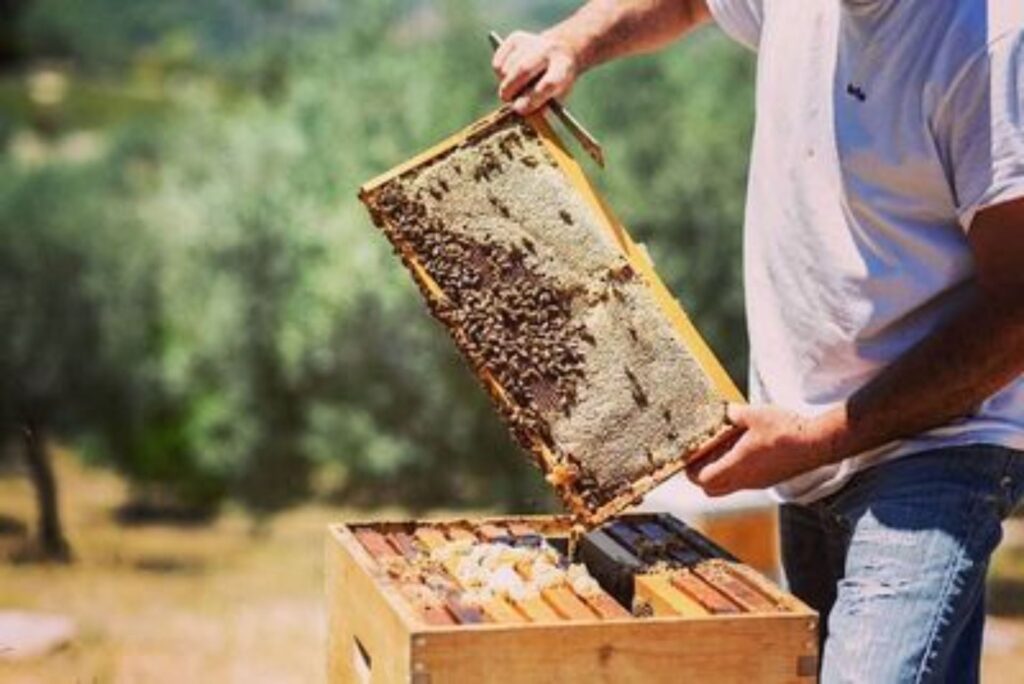
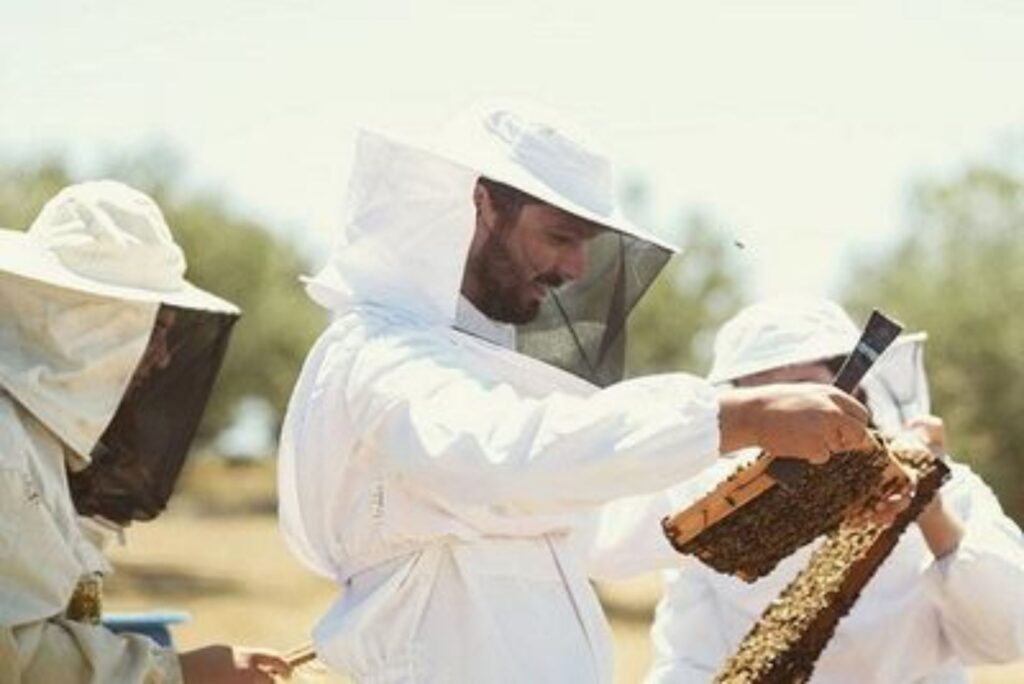
Bees are vital to the ecosystem, not only for honey production but also for their essential role in pollinating plants. Without them, fruit production would collapse, putting human survival in jeopardy. Some scientific studies suggest that if bees were to vanish, humanity might only have a few years left to thrive on Earth.
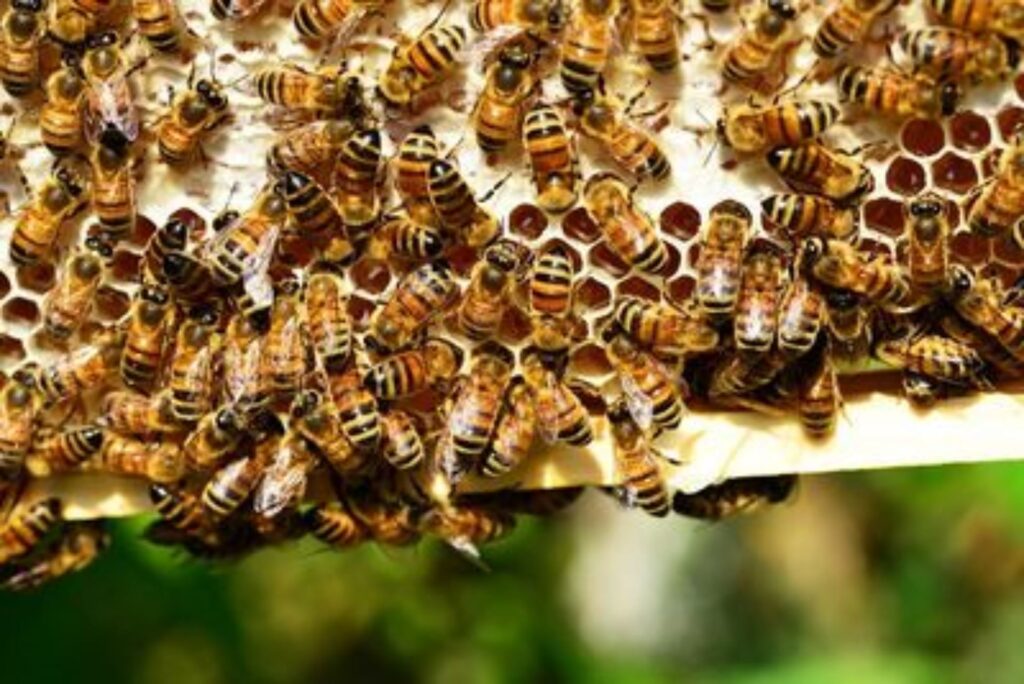
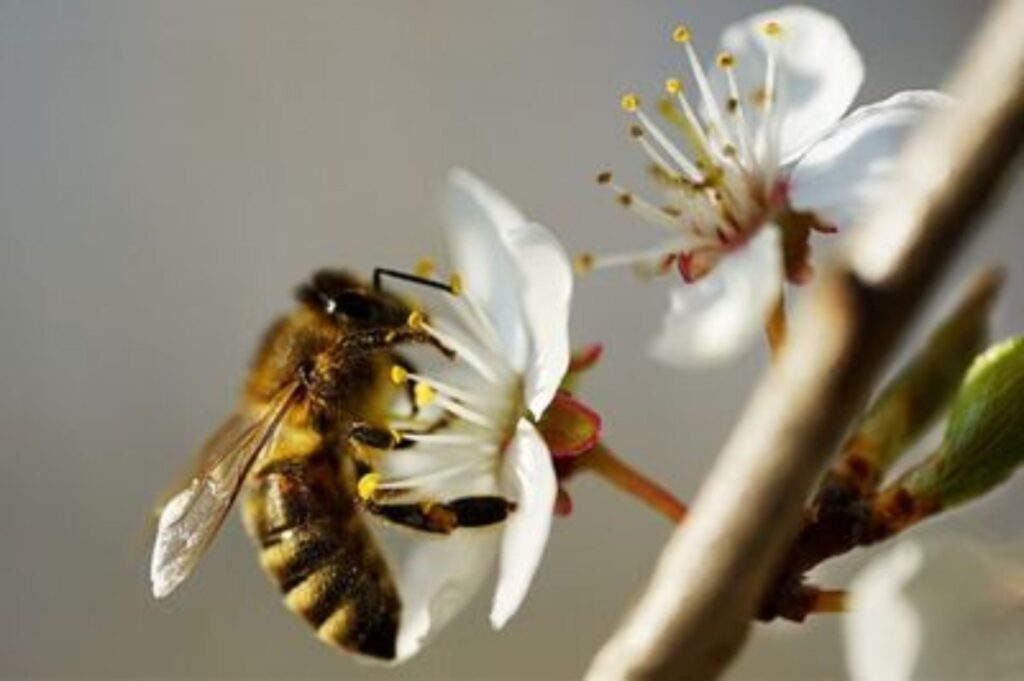
Honey production is a highly intricate process that requires the cooperation of thousands of bees. A hive can accommodate 40,000 to 50,000 bees, each with a designated role. The queen bee, the largest in the hive, is responsible for reproduction, while drones fertilise her. Worker bees are split into two groups: “foragers,” who gather nectar from flowers, and “chewers,” who process it within the hive.
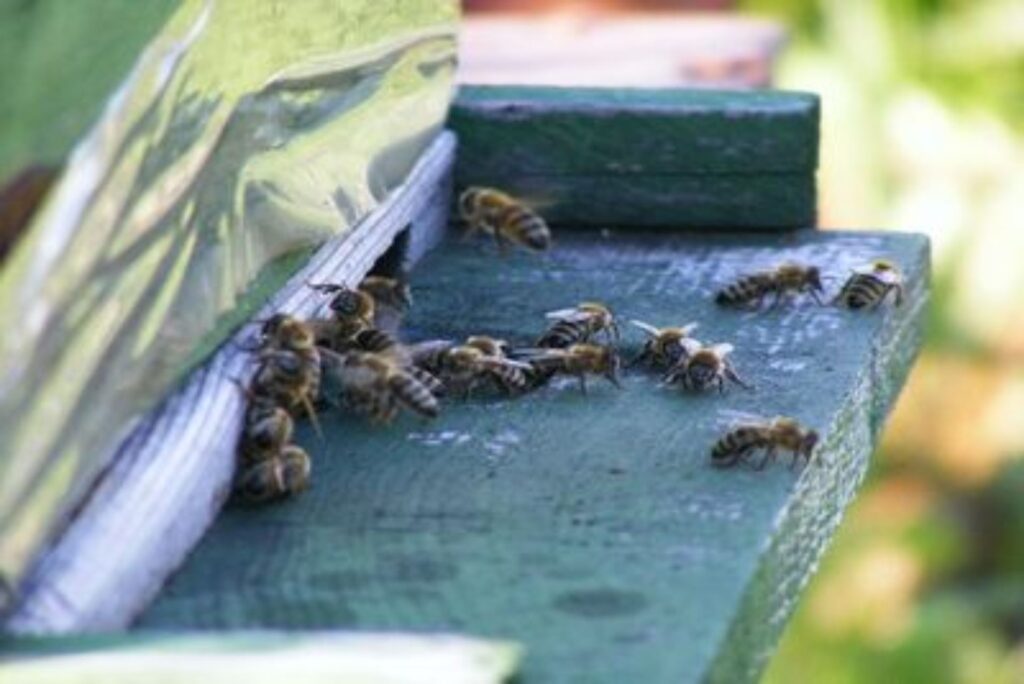
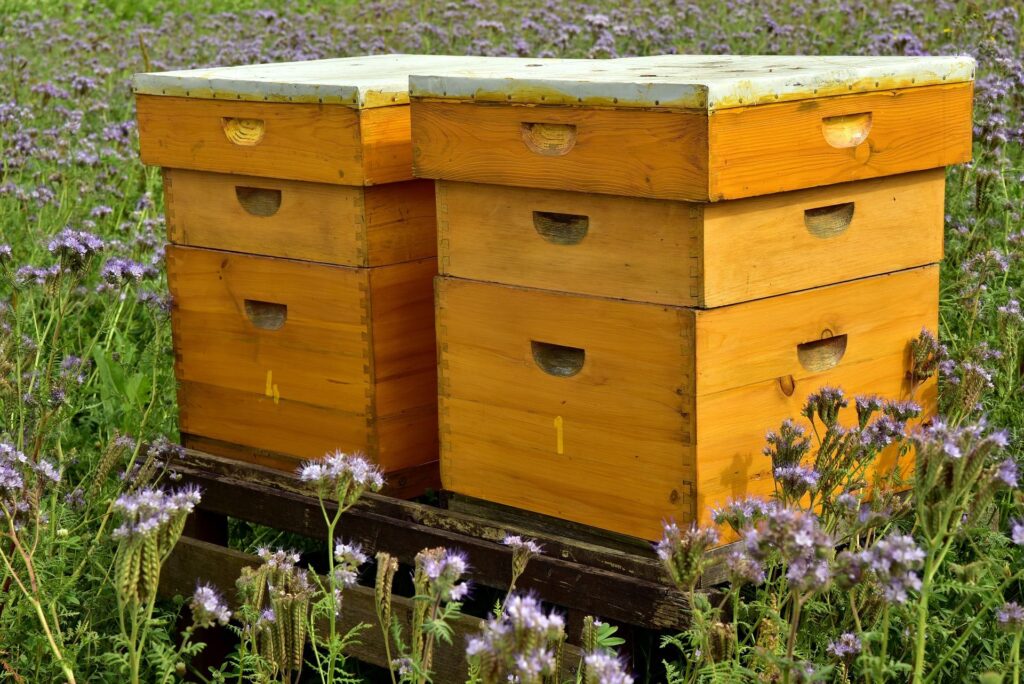
The nectar is brought back to the hive, where bees chew it and enrich it with enzymes, transforming it into honey. They then store it in the honeycomb cells, using their wings to create airflow that evaporates the water, leaving behind thick, sweet honey. When the honey is fully prepared, other bees seal the cells with wax to protect it.
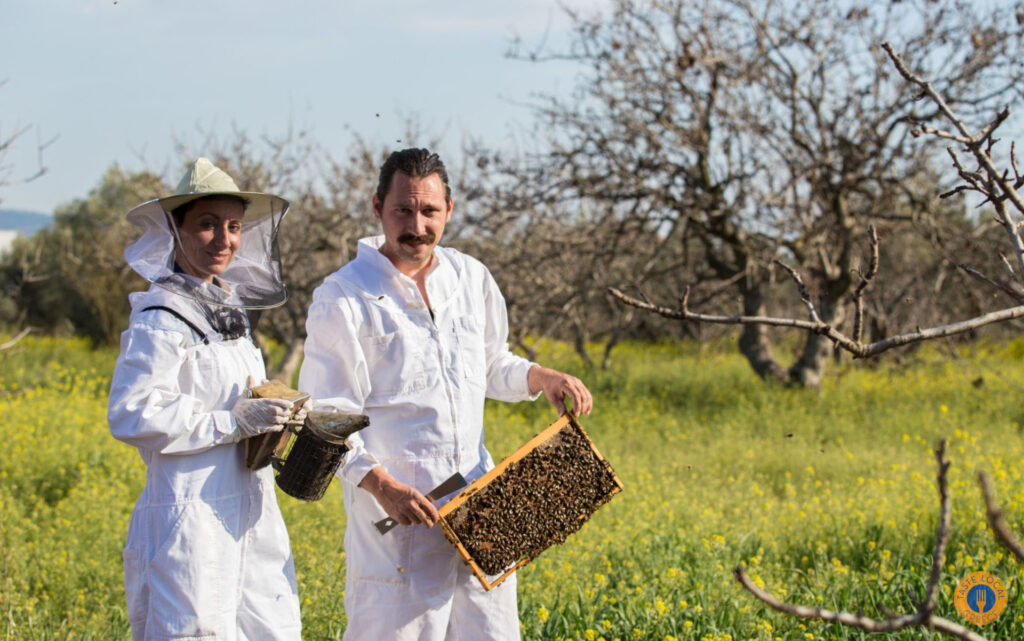
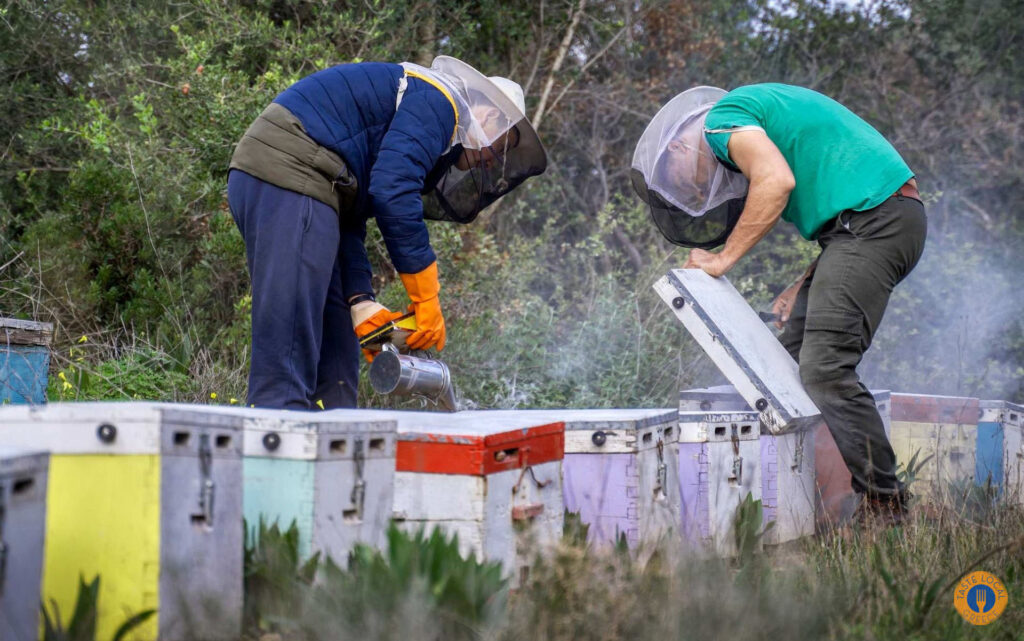
Bees work tirelessly, especially in spring and summer, producing and storing honey for their winter survival. Beekeepers harvest a portion of this supply, always ensuring that the bees have enough honey left to sustain themselves.
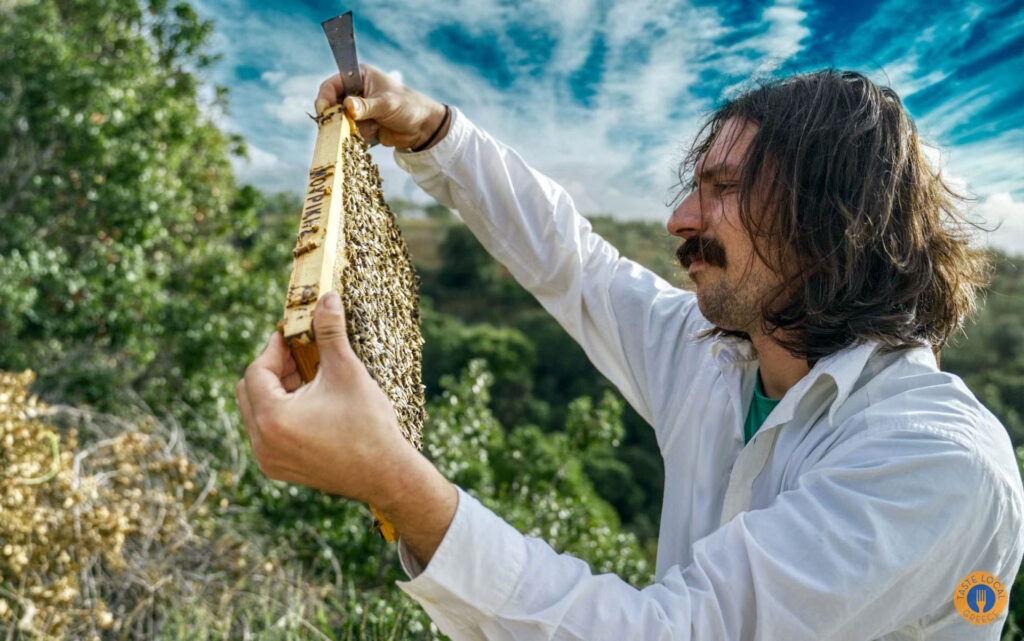
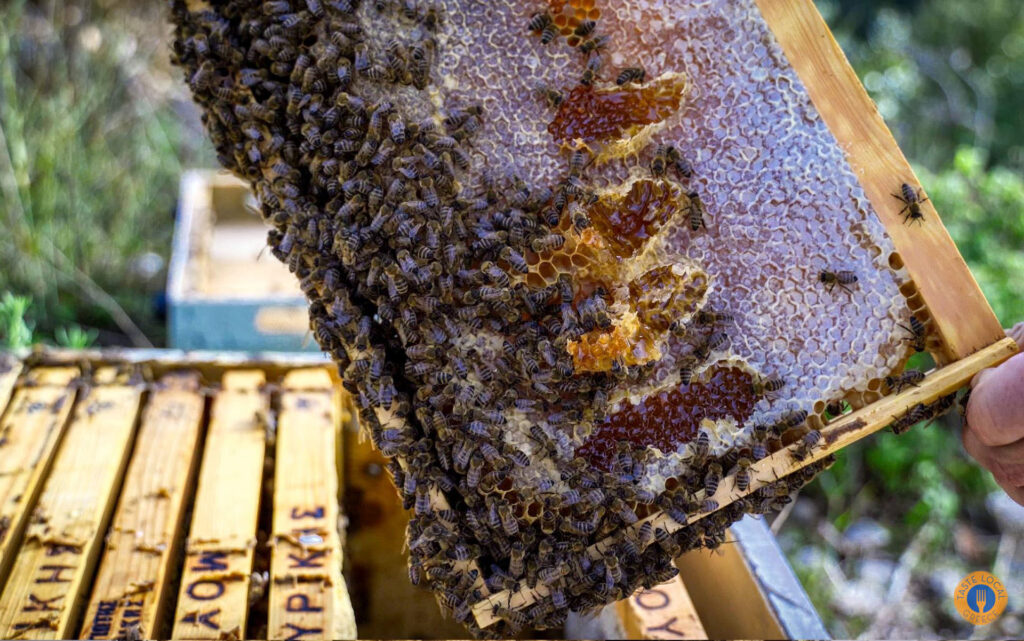
To produce just one kilogram of honey, bees collectively travel a staggering 190,000 kilometres—about four times around the globe—collecting 4 kilograms of nectar with the help of 13,000 bees. Harvesting honey requires beekeepers to handle the bees with care and respect. When the hives are full, beekeepers gently smoke the bees to calm them and then extract the honey-filled frames.

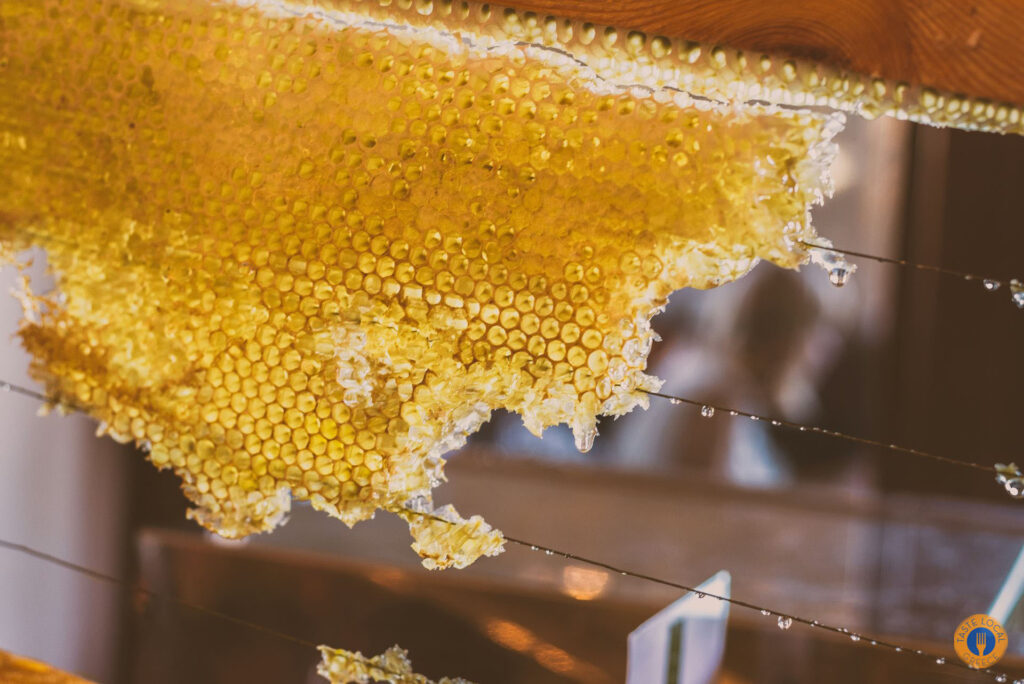
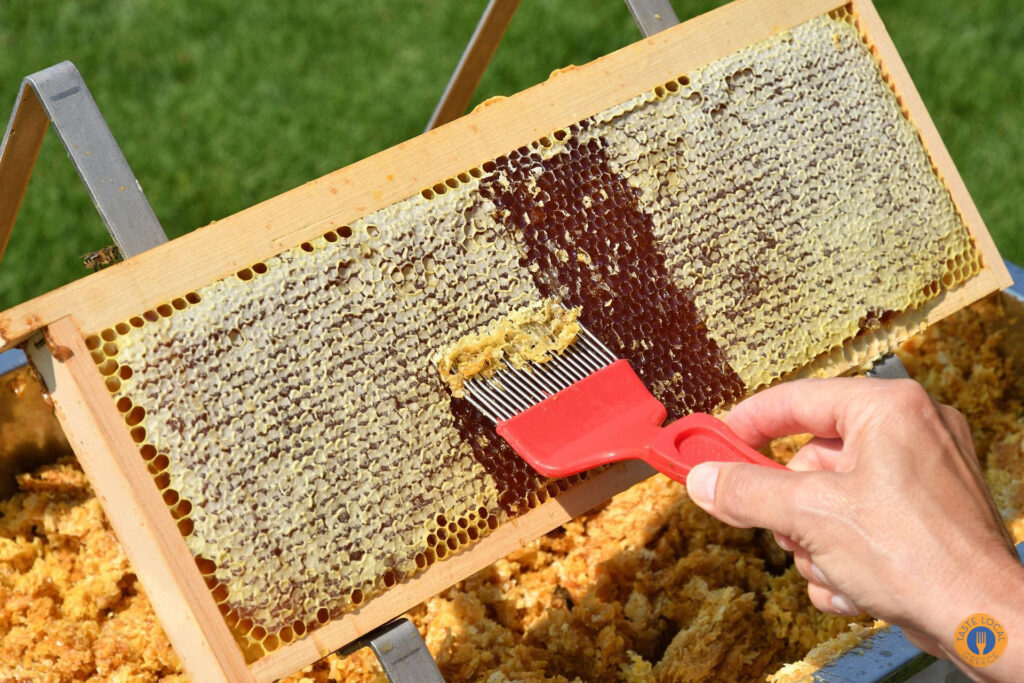
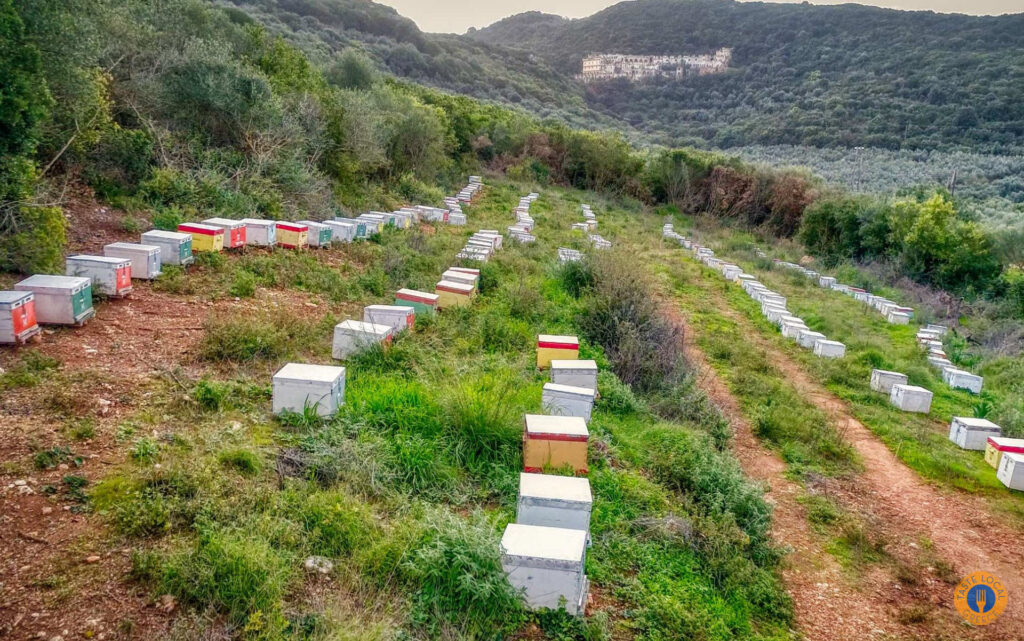
Greek honey is especially renowned for its exceptional quality, thanks to the diverse range of aromatic plants that flourish in the country, such as thyme and pine. Through traditional beekeeping methods and a deep respect for nature, Greek beekeepers continue a long-standing tradition of producing some of the finest honey in the world.
Apiculture is more than just an agricultural practice in Greece; it is a living tradition that intertwines with the nation’s history, culture, and way of life. Greek honey, with its rich flavours and numerous health benefits, remains a symbol of the country’s enduring connection to nature. As modern beekeepers face new challenges, their commitment to preserving this ancient craft ensures that Greece’s bees will continue to thrive for generations to come.
Add the honey to your everyday life!!!
Put it in your sweets, tea, cooking concerns, and even salads, and upgrade your dining experience!
Try it with one spoon a day as medicine, or add it to your breakfast and experience the difference honey brings to our lives.
Text by GiorgioGrigor
Bibliography and photographs
Ministry of Agricultural Development and Food
wikifarmer.com/en/
https://arkadiko-meli.gr/
https://melinda.gr/
https://mouriki.gr/



